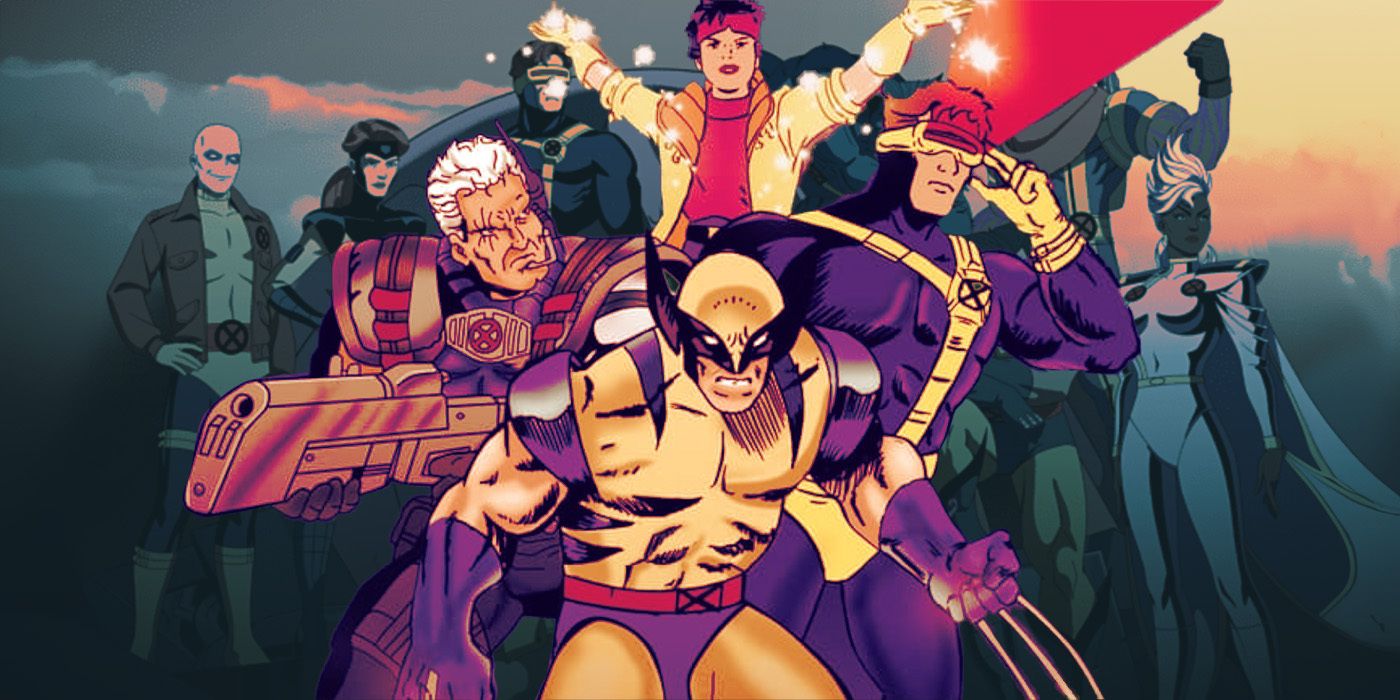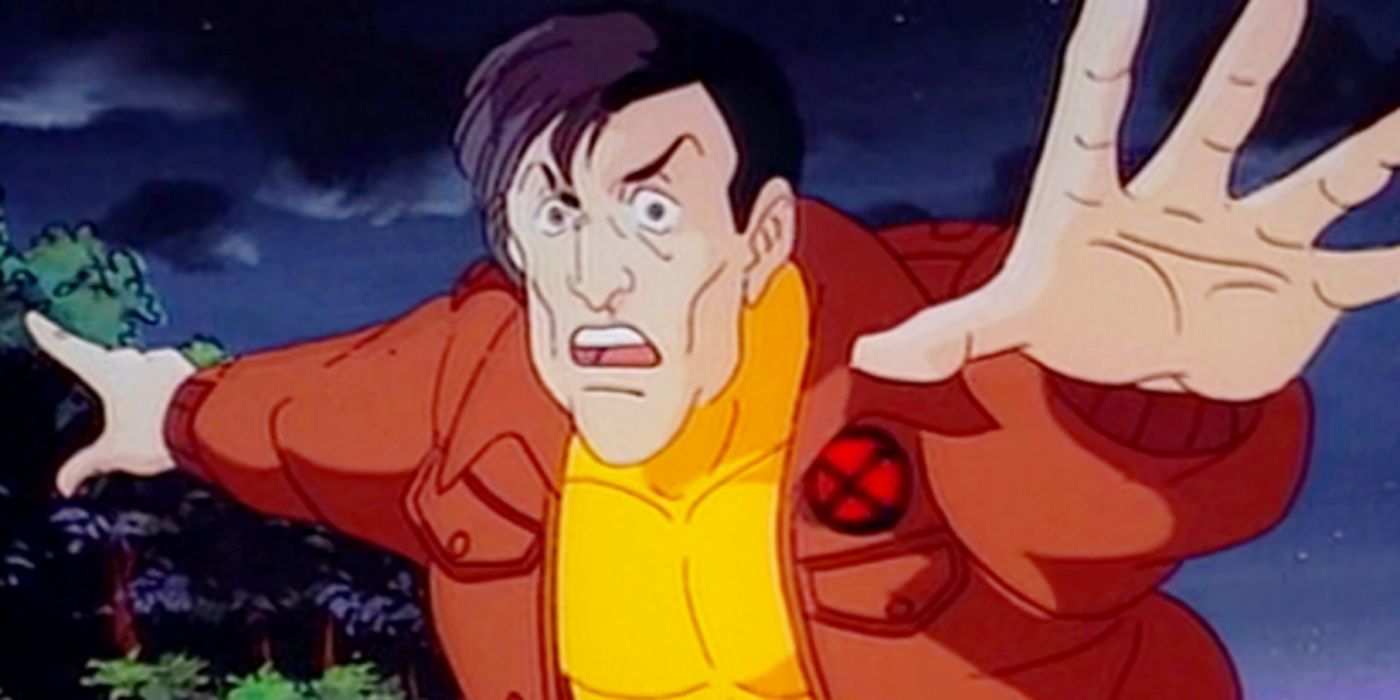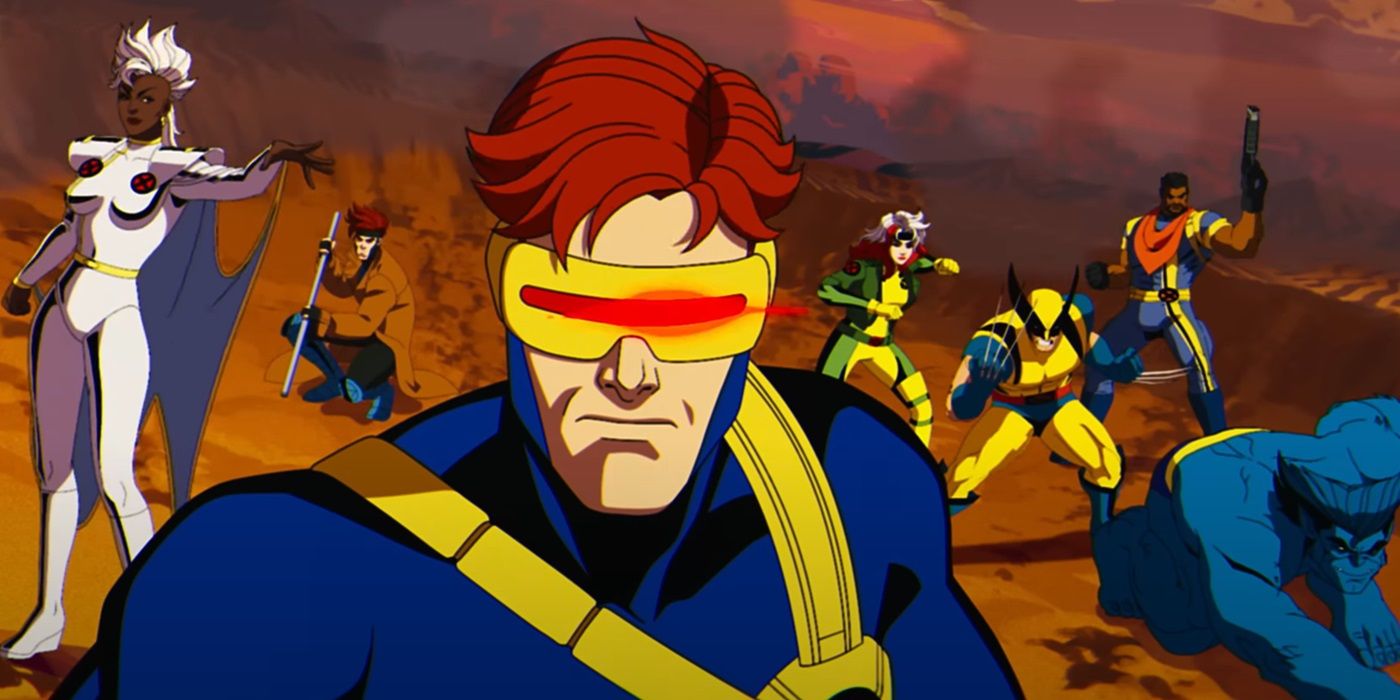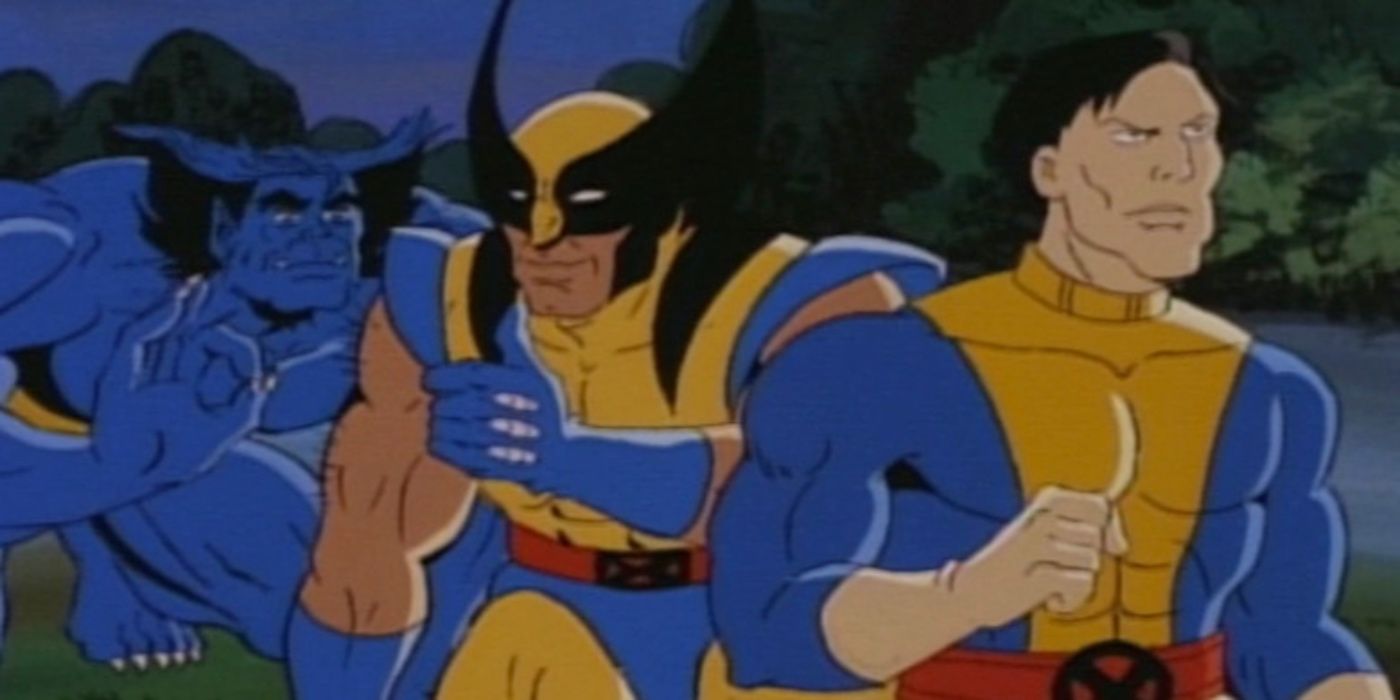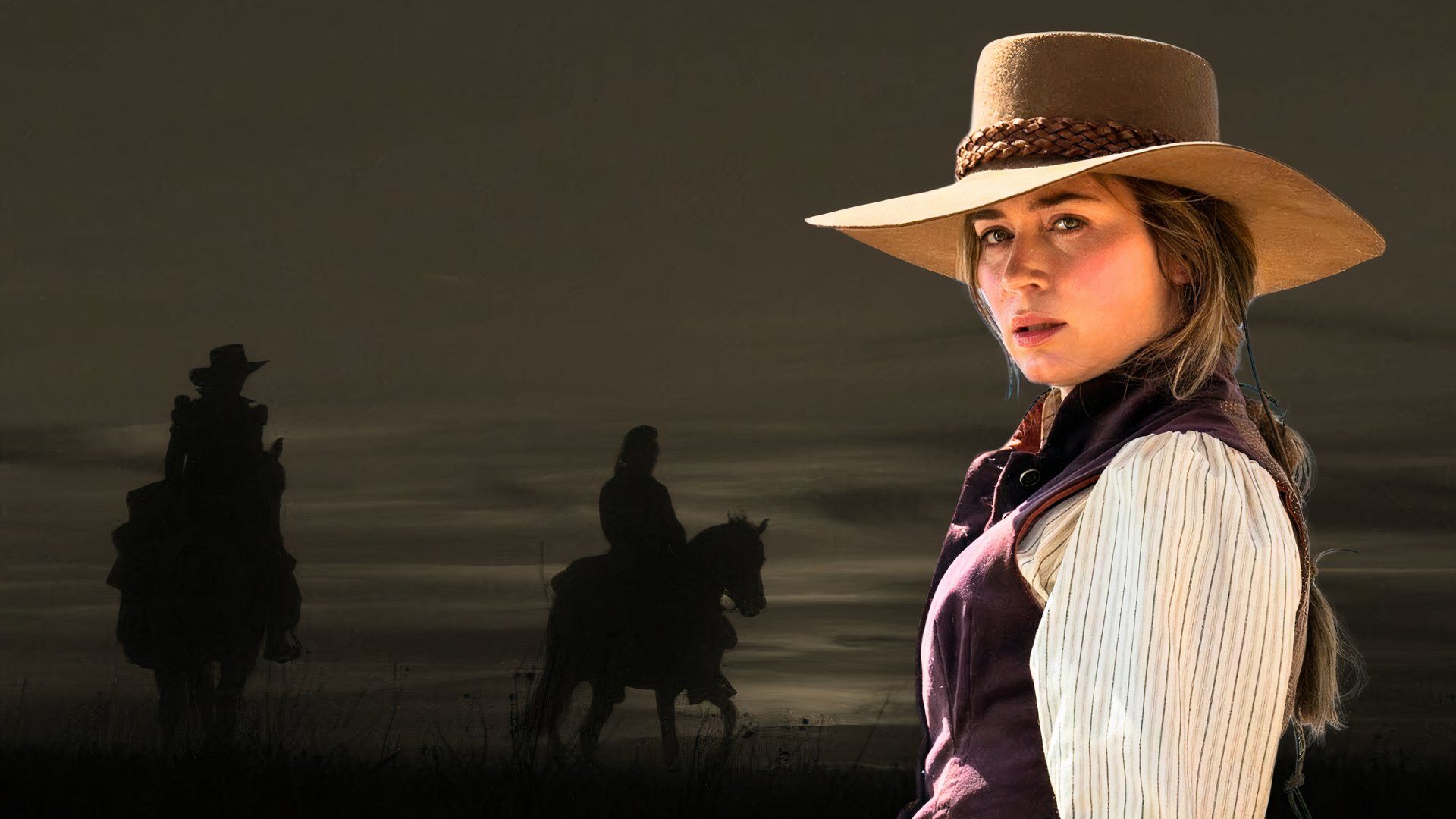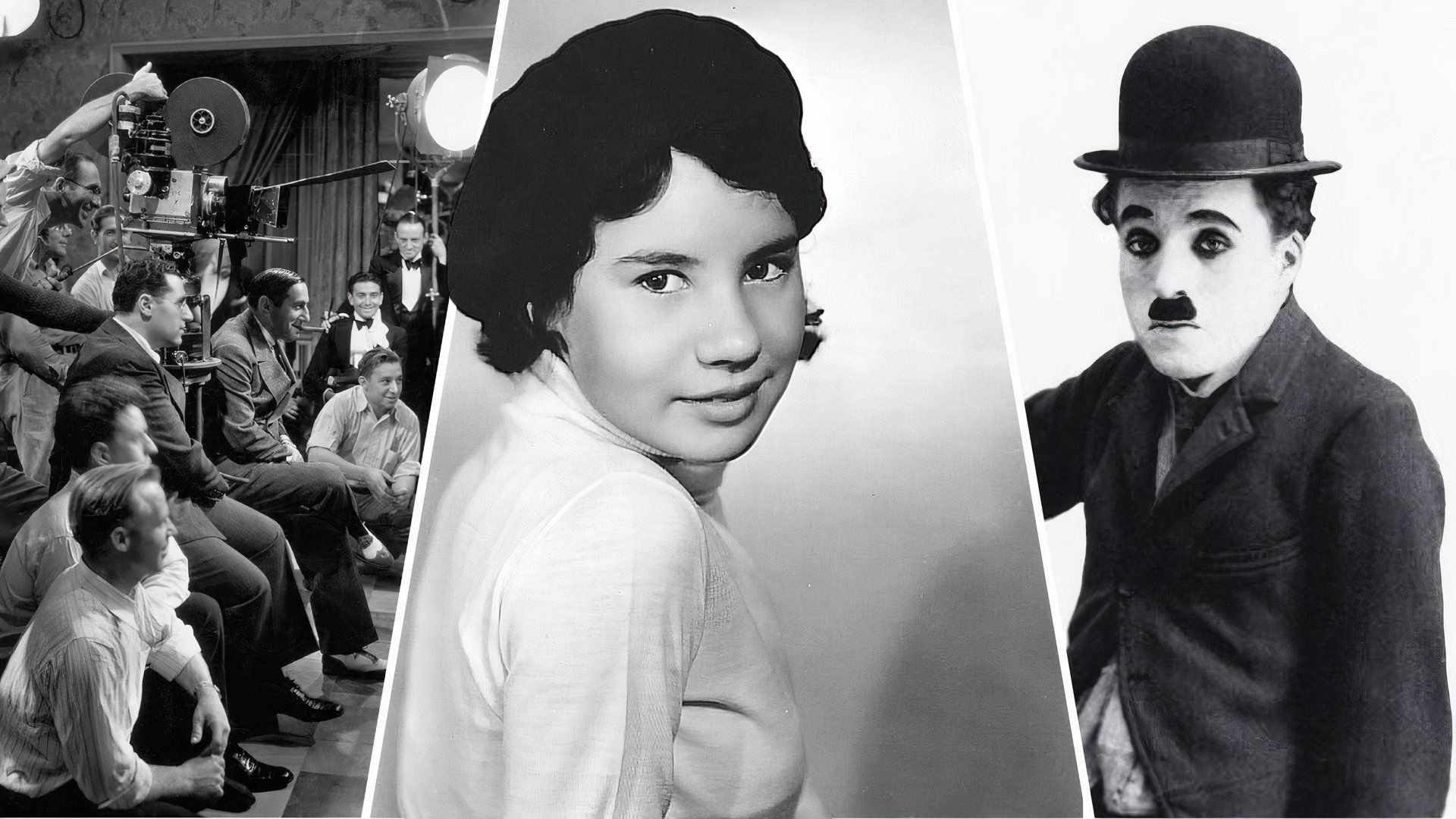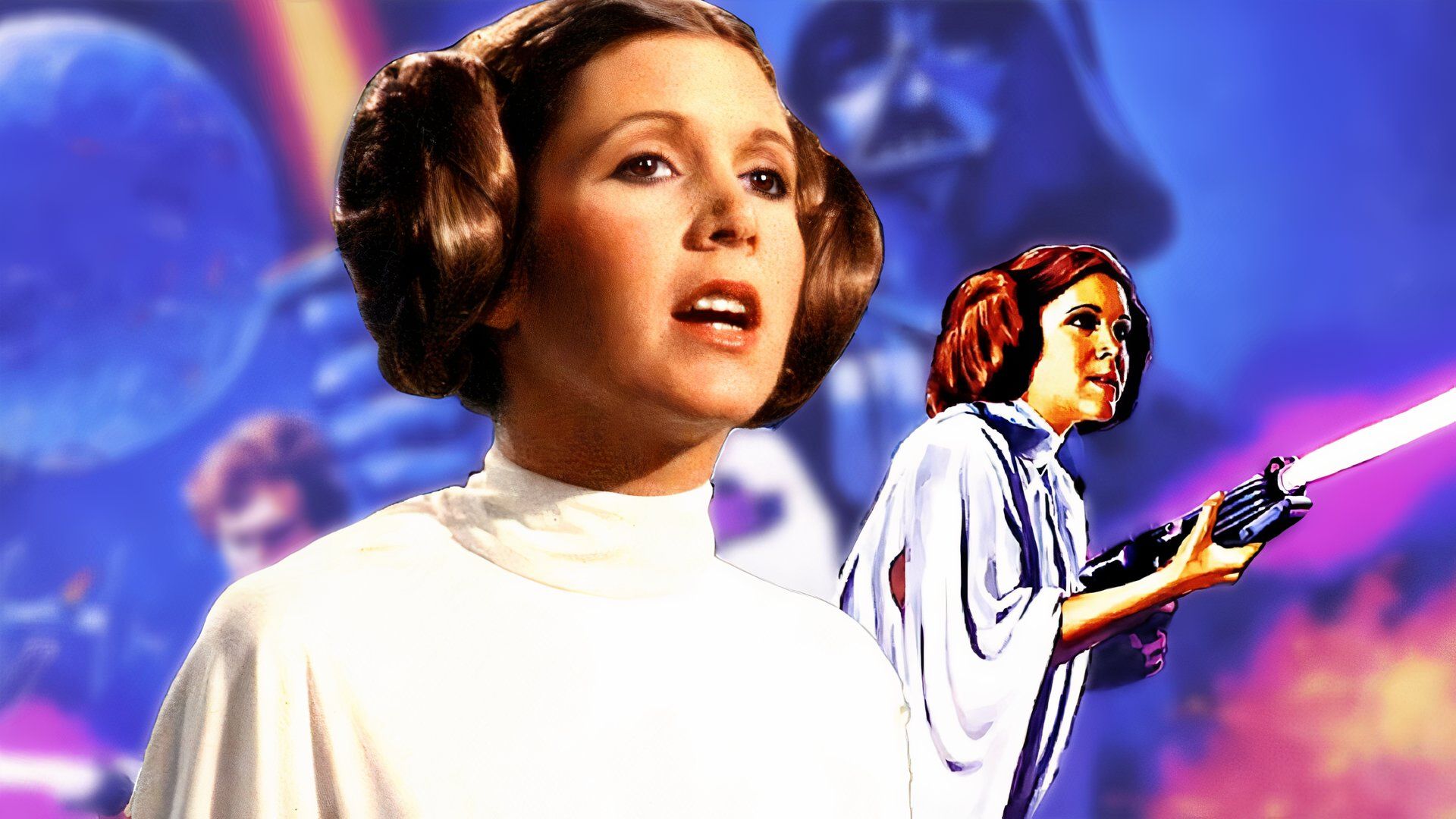The last two years of the MCU have felt like a disaster, and Marvel as a brand is due for some changes. So they did just that with the promotional content for their upcoming projects. Deadpool 3 looks to be wild, and The Fantastic Four movie dropped major casting announcements and a 2025 release date to follow. These two projects were surrounded by positive fanfare, and the hype got real. Then there was X-Men ’97, which is Marvel’s follow-up to the 1990s cartoon that is adored by many still to this day.
X-Men ’97
- Release Date
- March 20, 2024
- Cast
- Jennifer Hale , Chris Potter , Ray Chase , George Buza , Catherine Disher , JP Karliak
- Seasons
- 1
- Studio
- Marvel Studios
Now most fans have showered the series with a lot of nostalgic love, but as always, there’s some push back. Disney, a company that is always in the public eye for left-leaning stances on the world’s issues, is under fire for making the X-Men ‘too woke’ as they have made one of the original characters of the show non-binary. The outrage is all over the internet and has even made its way to right-wing news sites. However, with anything these days making someone who disagrees with it enraged, it should be mentioned that the X-Men were kind of always ‘woke’ if that’s what we’re calling it these days.
X-Men’s Morph Controversy Explained
When it was announced that the X-Men hero, Morph, would be identified as non-binary in the world of X-Men ’97, the internet blew up with annoyed, raging right-wing rants from those who thought this was another attempt at Disney pandering to the times. All this comes from showrunner Beau DeMayo, who mentioned in an interview recently that Morph would be non-binary on the show.
This tidbit of information then went on to leave many conservative fans feeling that the show was going to be ‘woke’ now, and this was another tactic of Disney to spill their progressive ideals into their intellectual property during an election year.
X-Men Has Always Been Progressive
If Stan Lee were still here, he would clarify things a little better, but like many of the characters in Marvel, they were either a response to an internal struggle within the characters’ creator or a response to society at the time. X-Men were a product of some highly debatable origins, but regardless, the figureheads that inspired their story arcs were very progressive. Some say the civil rights movement and era of huge progress in America, through a lot of strife, sparked some of what Stan Lee used to create these characters; others would go as far as to take note of the similarities between Professor X and Magneto as stand-ins for Martin Luther King and Malcolm X.
However, some in the inner circle of the creation of X-Men have debunked that idea that many have stated over the years. X-Men was more or less inspired by Israeli Prime Minister David Ben-Gurion, a man who helped improve Jewish and German relations post-World War II.
In contrast to what looks like Gurion was an inspiration for Professor X, Menachem Begin was more of a radical character who was the leader of the Zionist military group Irgun. Begin was labeled a terrorist group by Britain, but he would soon become Prime Minister of Israel in 1977 and win a Nobel Peace Prize, an arc that seemed to line up well with Magneto.
Those Bashing X-Men ’97 Look Like the Villains in the Comics Right Now
In the photo above is Senator Kelly, played brilliantly by Bruce Davidson in X-Men (2000). The character was a harsh politician who wanted to rid the world of mutants. See, the thing here is that mutants are a metaphor in X-Men for all the so-called outsiders of society and how we treat them.
Asylum seekers, legal immigrants, and LGBTQs all receive some of the same treatment as the mutants do in both comics, TV shows, and movies. So, as we see many speaking out against the idea of a non-binary character in the upcoming Disney+ series, one must ask: did these critics actually know what the big picture was with all these characters and who the real enemy was?
Morph Could’ve Always Been Non-Binary
Maybe a minuscule point to be made here, but there is a good chance that Morph could have always been non-binary in the 1990s series, and it was just a subplot that was never explored. Morph, whose real name is Kevin Sydney, when they’re not out saving the day with the fellow X-Men, has the power to shapeshift when they are part of the team. Over the years, Morph has turned into both men and women on the show and even in the comics, making them prone to seeing both genders and knowing how they walk, talk, and act.
In the end, you decide if you want to be mad about it. Superhero stories, shows, and films often reflect the society we are currently in to appeal to the audience. Disney knows that and doesn’t seem to care if you like it or not, because they have money to make and need to be ahead of the curve, or they will fail as a company. Maybe that’s pandering, or maybe that’s genuinely being inclusive; we don’t know; none of us here are at a Disney board meeting right now.
But when you want to get mad about a slight adjustment to a certain intellectual property, re-read between the lines about what it’s trying to truly convey to you before you hop on TikTok and sound like one of the villains of your supposed favorite comic book adaptation.
